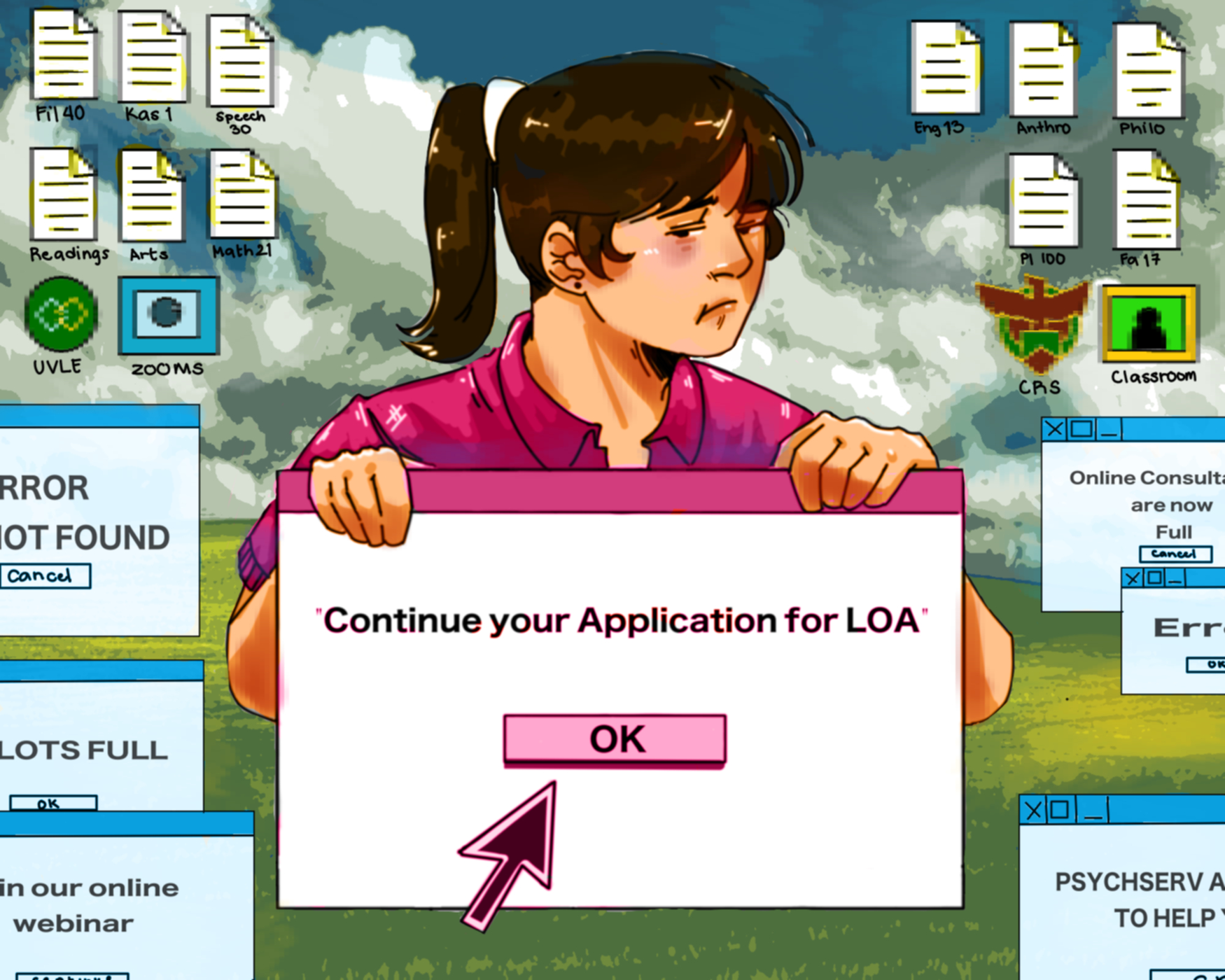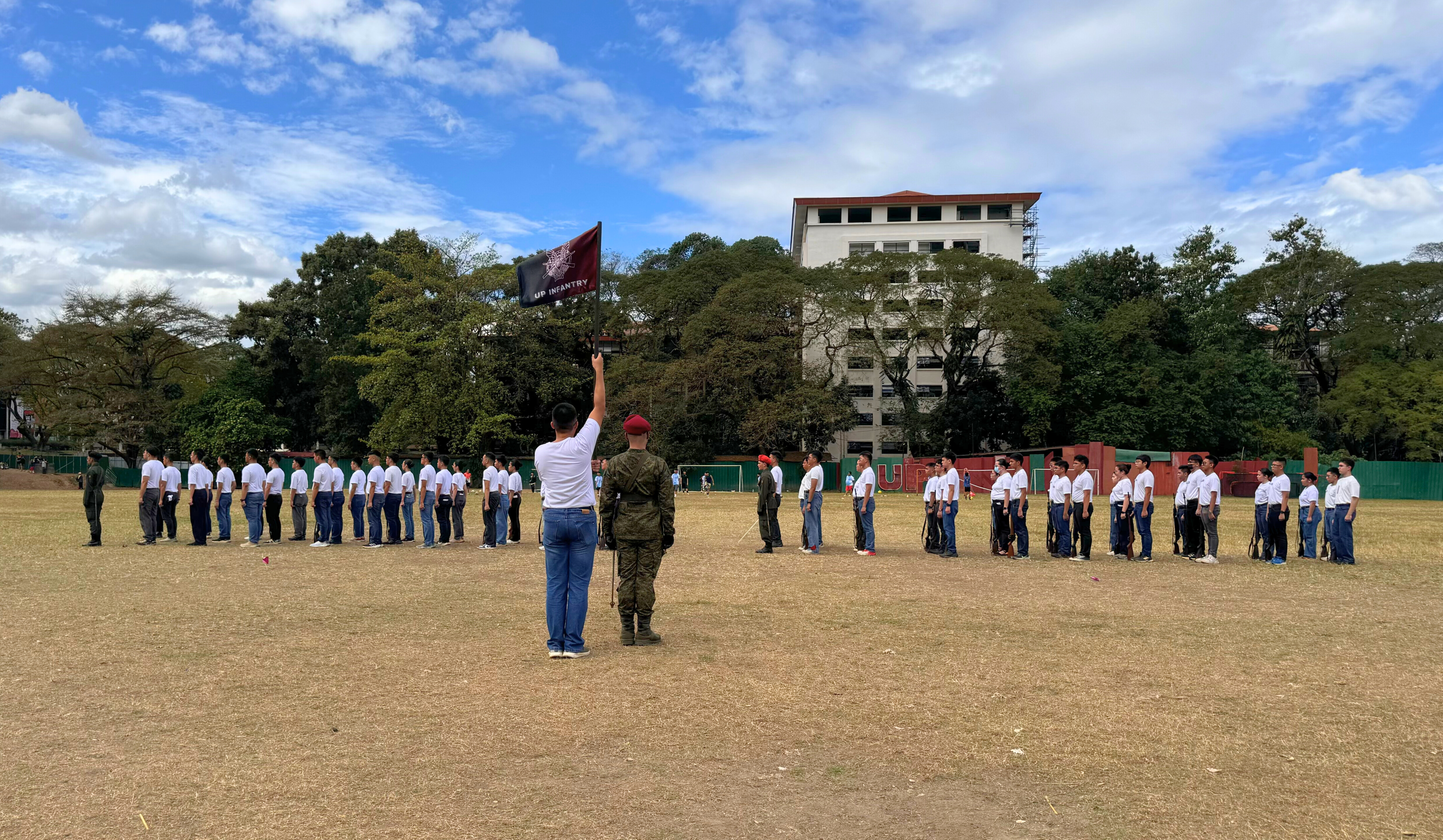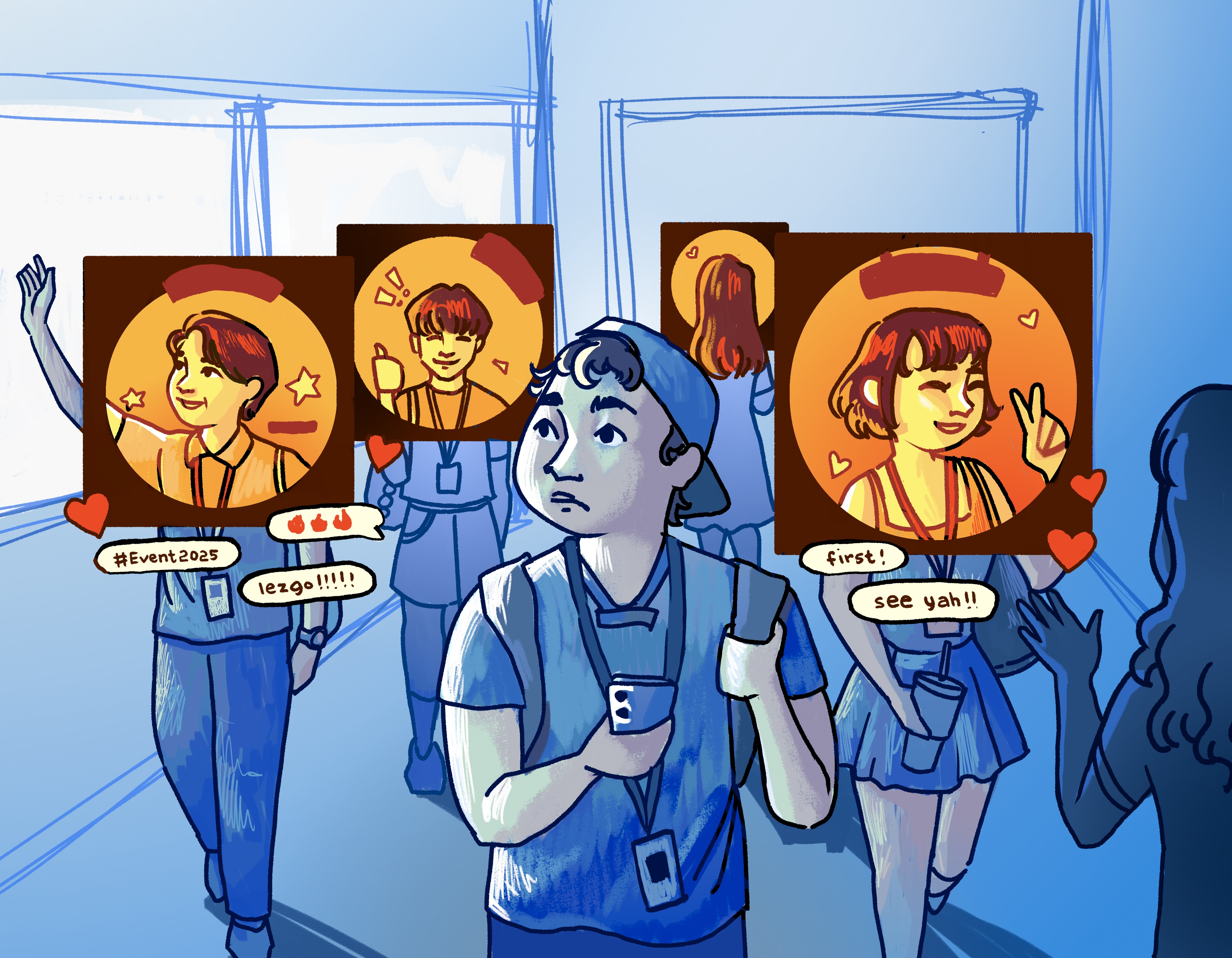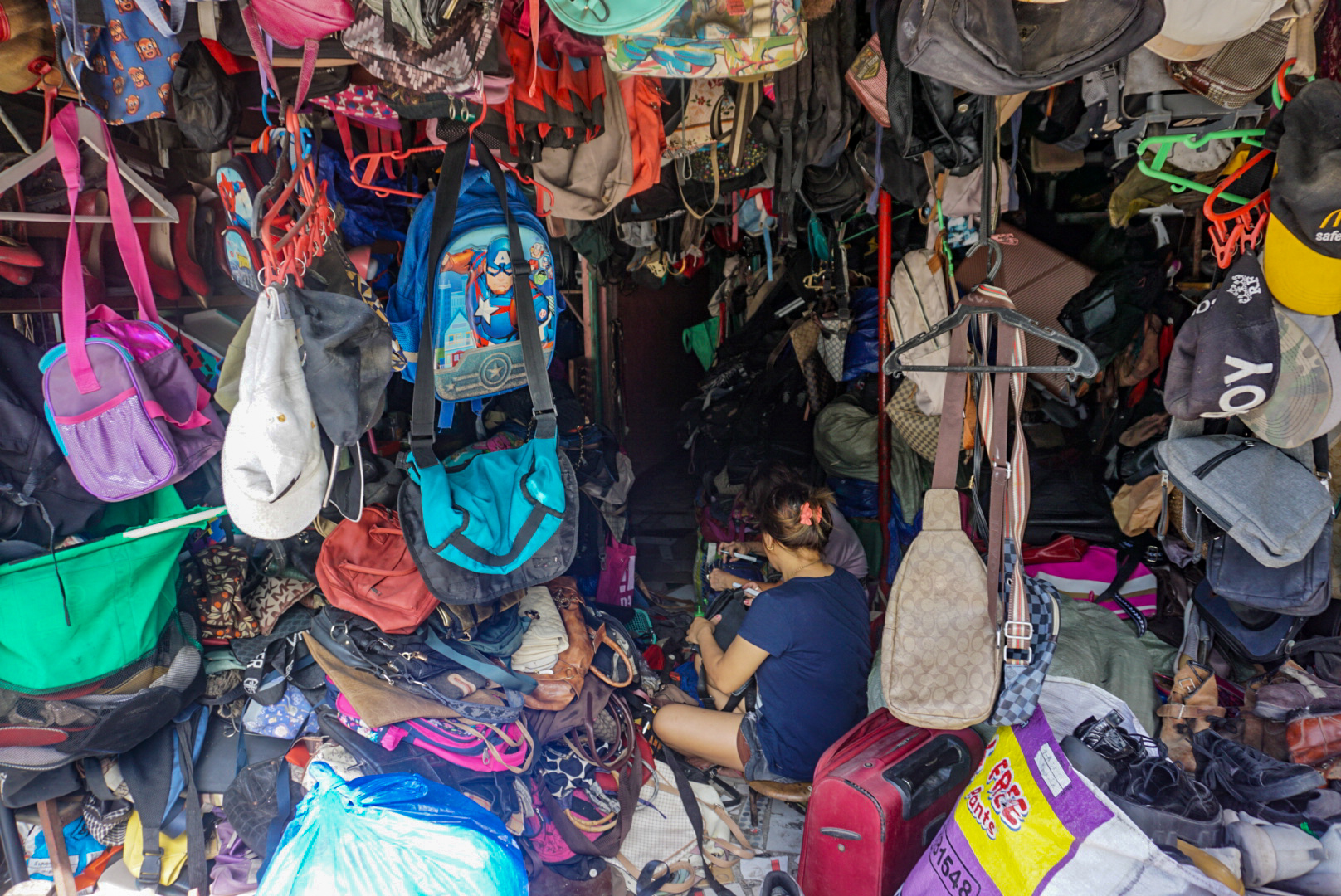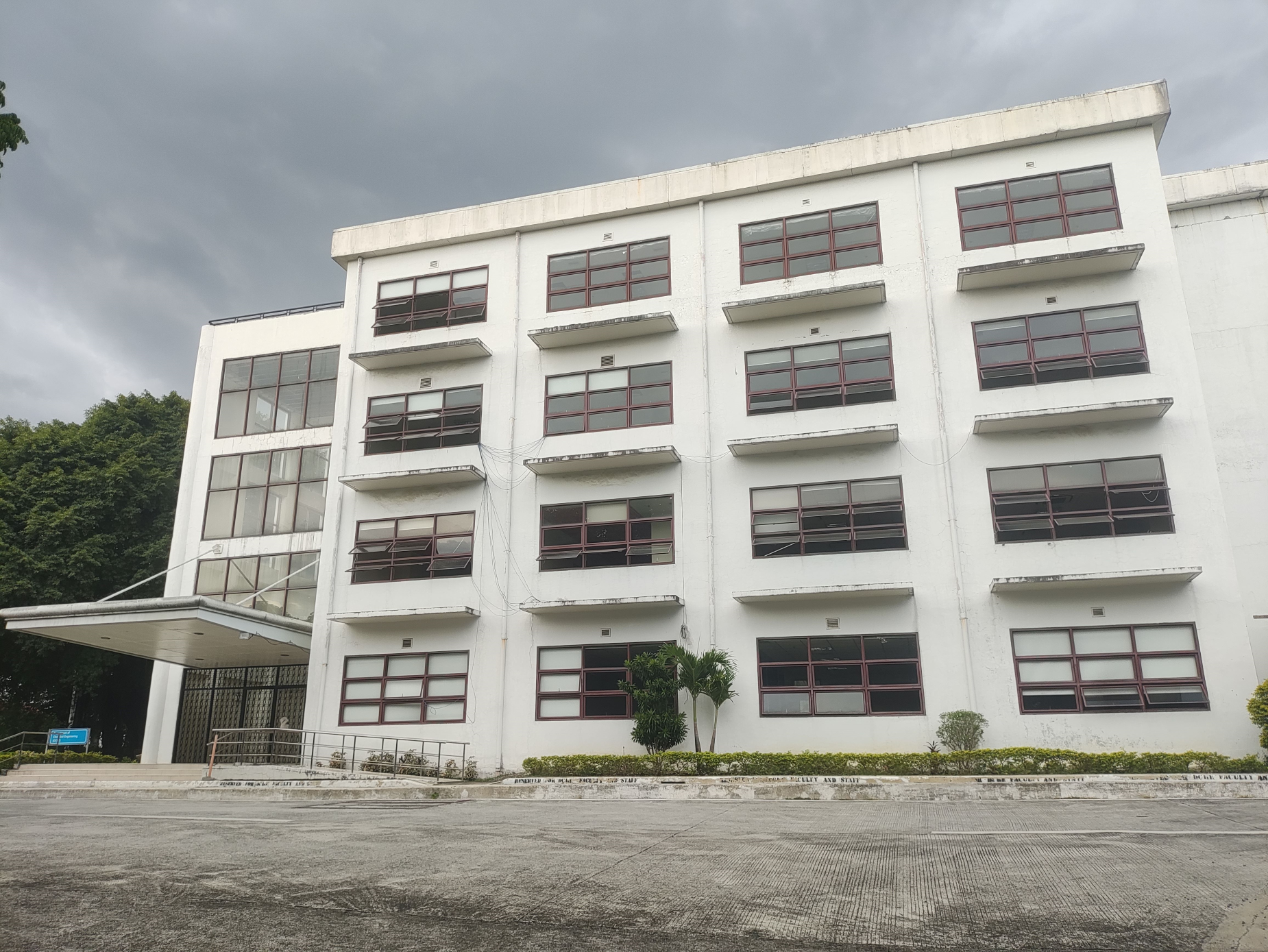For BS Mathematics freshman Nicolle Silang, known to her friends as Nix, issues with the student council only perpetuate that which she already feels as a Student With Additional Needs (SWAN): unseen, unheard, and unappreciated.
Issues plaguing delayed students were recently unearthed during a miting de avance ahead of the recently concluded student council elections. Discussions arose from a Facebook post that criticized the same consultative approach student leaders take when dealing with SWANs, or students affected by physical or mental health conditions, leaving them unsure of what comes after without concrete recourse.
Without tangible solutions, students like Nix are forced to resort to pausing their education. Due to mounting pressures and mental health struggles, she chose to file for a leave of absence (LOA) with a month left in the first semester. But Nix’s hopes for peace of mind were dashed by the arduous filing process of her leave of absence. She did not get any help or support from the very university she has held in high regard all her life, Nix told the Collegian.
While Nix wants to help in changing this culture, the change that she envisions cannot only come from SWANs. With a newly filled student leadership in tow, it is in their hands to ensure that the system genuinely upholds the rights and welfare of its students.
Unsought Delays
With a month left in the first semester and requirements piling up, Nix started feeling drained and unmotivated to go to classes. The final straw came when she realized that learning was no longer a part of her college experience.
“Minimum nalang nabibigay ko and hindi na yung best ko. Doon nagsimula iyon,” said Nix. Her routine ultimately became a daily struggle with personal setbacks on top of accomplishing incessant deadlines and requirements.
Although left unassisted by the university throughout the entire filing process, Nix pushed through with her leave of absence. “Mahirap mag-reach out pag may tanong. Yung pagiging unresponsive, nakakadagdag sa pressure, lalo na first time ko maglakad ng ganito,” she said.
Her choice was faced with mixed reactions, as peers expressed their support and well wishes on one hand, and Nix’s family saw it as a sign of weakness on the other.
But after her LOA was finalized, her family ultimately came around, offering some understanding and support for her predicament. “Sabi sa akin, if need ko ng help or new environment, pwede ako doon sa kanila. Pero yung offer and thought pa lang, masaya na ako,” said Nix.
This newfound support, however, is only the first step in Nix’s way back to where she left off. Though now delayed by a year, she takes her situation in stride, building her strength to face whatever challenges the university will throw at her upon her return.
But strength is not nearly enough to ensure that a student’s academic journey continues uninterrupted. Their drive, she said, should be supplemented by a university that not only lends an ear, but provides a caring environment. “Kailangan ng students ng support system, not only from loved ones, but also dapat maramdaman nila that the institution cares about them,” Nix said.
Still, some hopes remain simply out of reach for SWANs. The fact stands that a galvanized effort from a concerted studentry and university administration is crucial to alleviate the debilitating pressures faced by those left behind.
Incapacitated Efforts
Though the fight for systemic reforms still seems to be a long way ahead, certain initiatives continue to press on despite significant internal challenges. These efforts highlight the problems that the university must broach and resolve before it can truly help students with additional needs.
One such initiative that is rooted in the necessity of solving student’s struggles is the UP Diliman Psychosocial Services (PsycServ). Those who seek the help from the office, however, face months-long waiting times and limited sessions as PsycServ continues to be restricted in its capacity due to tight budget allocations and sparse personnel.
Debilitating factors aren’t bound to budgetary constraints, however. The UP Diliman University Student Council (USC)’s SWANs committee, which sought to represent and uphold the welfare of those left behind, had to be absorbed by the office of the chairperson along with three other committees. “Many vacant positions served as an obstacle to filling the committee,” USC Vice Chairperson Franz Beltran said.
The lack of support in what many students like Nix face further underscores the gargantuan challenge that university efforts tackle in its attempts to alleviate the pressures faced by SWANs.
Such incapacities reflect a misprioritization of the current system in attempting to cater the needs of SWANs, said Nix. “Kumbaga yung mga issue kagaya ng mental health, parang hindi nila nabibigyan ng gaanong bigat,” she added.
Vital Recourse
Nix believes that though various mechanisms from the university administration and student leaders attempt to aid the current conditions of SWANs, genuine representation still eludes them, with current recourse not fully representing students like her.
The university’s current efforts remain fragmented, owing to scarce resources and personnel, with programs like PsycServ and the USC’s SWANs committee finding it difficult to effectively serve the studentry. It is through concerted development that the university can serve those that need help the most.
For SWANs, consultation without subsequent action is antithetical to genuine representation. Beyond words, they want to see tangible and beneficial solutions. “Sana mas makita kami, mas pakinggan yung students, and bigyan kami ng halaga,” Nix said.
The university needs to step away from a paradigm of consultation, and instead adopt a more proactive approach in aiding those that need its help. Systemic incapacities must be thwarted, first, by giving the necessary weight to the problems faced by those being left behind.
When prioritization becomes apt to the studentry’s needs, development of care must then prove to be inclusive, accessible, and consistent. Once all these necessary conditions are met, only then will the university be one step closer to ensuring that no student gets left behind.●
First published in the June 10, 2025, print edition of the Collegian.
This article touches on mental health struggles and contains details about those who experience such conditions. The National Center for Mental Health crisis hotlines are (0917) 899 8727 and (0917) 989 8727. PsycServ can be reached at (0916) 757 3157 while the UHS emergency hotline is 981 8500 loc. 111.
